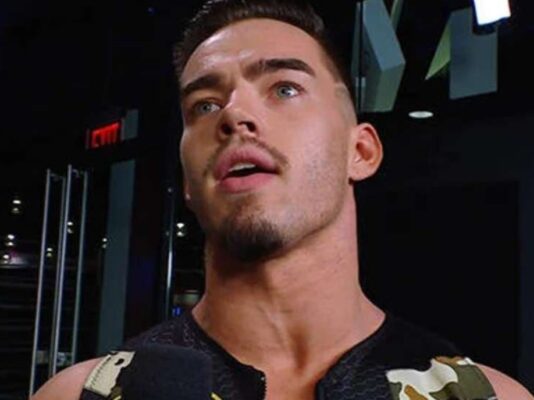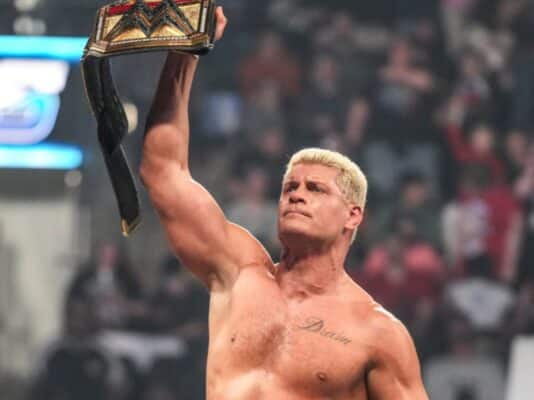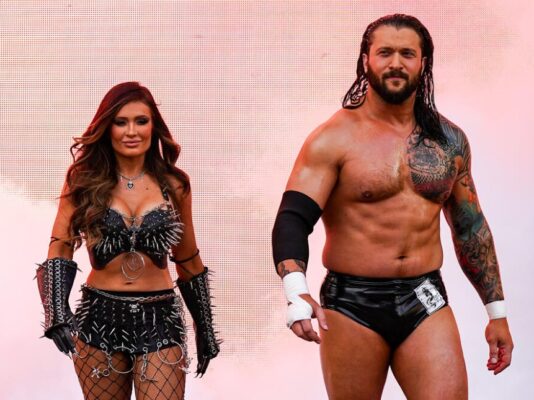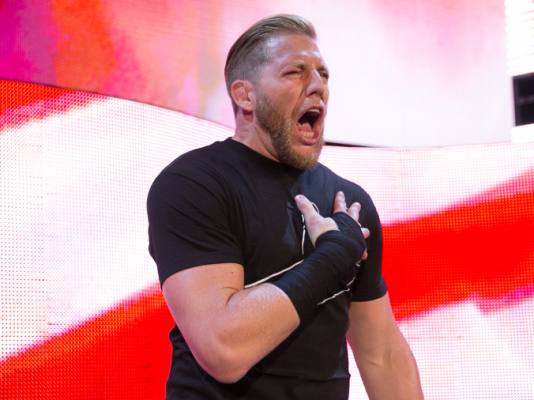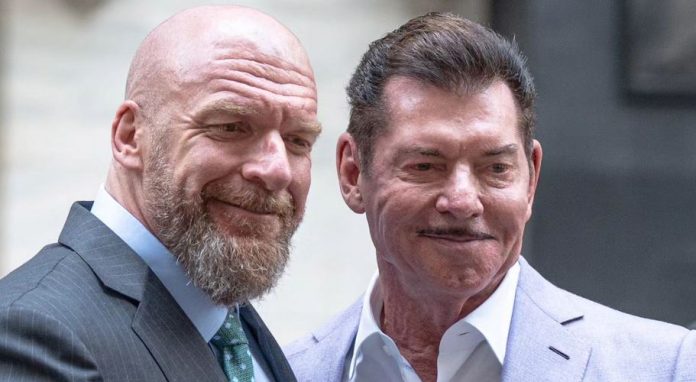
WWE Hall of Famer Kevin Nash discussed various topics on his podcast, Kliq This, particularly focusing on Triple H’s creative process.
Nash said, “I know that he’s in control, but I also know that he delegates a lot of what goes on that television show. The process is always going to be — it starts with the writing room and with the head of creative being Paul. And so they’re going to — and I’m sure that they’ve got this thing thumbnailed to SummerSlam at least, to where the storylines are going. And then it’s fill in the blanks. Then it’s attention to detail. But no matter how much you’ve got done, you’re still handing it off to the producer of the segment. So, say I give it to Robert Roode, then he has to produce the two guys. So there are so many cogs in the wheel there.”
On his past experiences under Vince McMahon vs. Triple H’s current approach:
“The last time I was there and Vince was in charge, and CM Punk and I were waiting while the pyro went off to get the final copy of our verbiage. Which I didn’t have any, but he was waiting for his. So I guess, but it was completely — I know that’s not the animal that exists now. Because I watch clips of Paul and go, he’s going over everybody’s entrance, and every entrance. He’s at the point where he’s got enough soldiers doing the work underneath him that he’s doing that. Because we always — when we sat in the car, all of us, we always say there’s three parts to the match. The first one is the first note of your music, which the crowd pops on that. The second thing is when the crowd sees you for the first time, your entrance. And then the third time is when you get in and you lock up. So there’s three different [parts].”
On Triple H’s management style compared to McMahon, based on what he hears:
“I know for a fact talking to some of the guys who are the producers, that are just — when Paul took over and had that spot and Vince was no longer in the picture, how drastically things changed. Like night and day, in 24 hours. And you also have Paul’s vision, the writer’s vision — which those two have to coexist. And then you go to a production meeting, and that’s laid out. Your agents are in there; they’re now called producers. And then the producers have got to take that and go give it to the talent. And then the last, and probably the most vital of all of it, is the talent has to f**king — they got to deliver, and they got to go along with it. They have to deliver. There are so many times you’ll come up with something and one or two things will be misinterpreted or f**ked up or whatever, and it’s like, ‘Wow, on paper that was a lot better.’”
You can check out the complete podcast in the video below.
(H/T to 411Mania.com for transcribing the above quotes)







